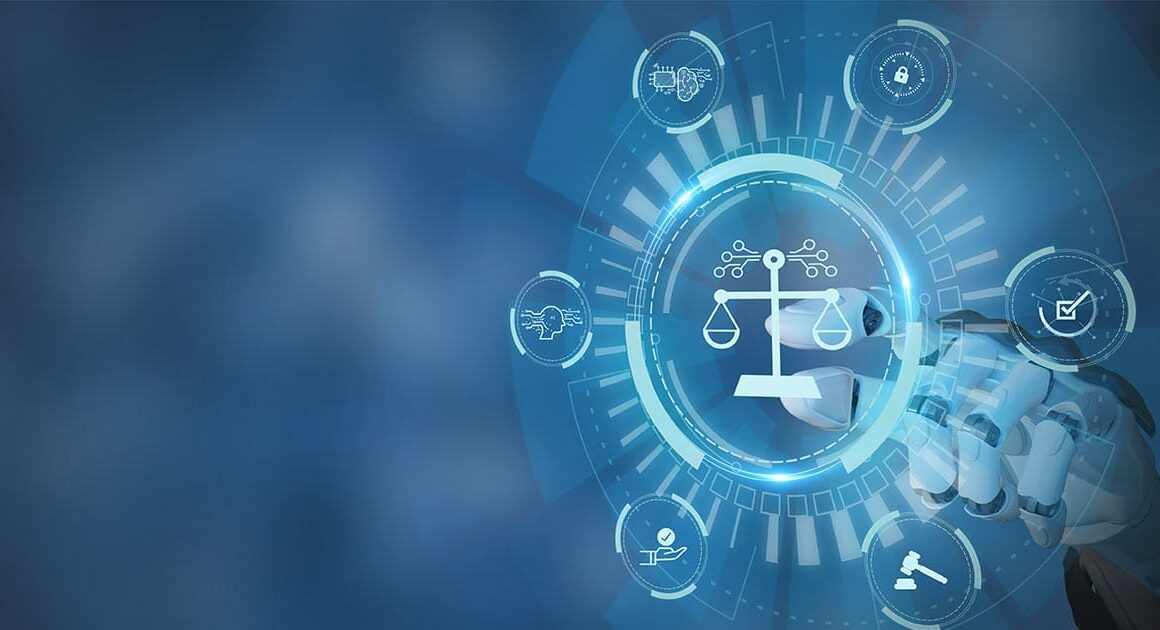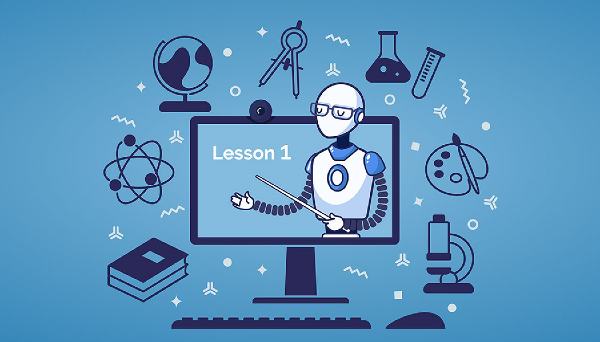Advancing technology has brought about transformative changes to nearly every aspect of human life. From artificial intelligence (AI) and robotics to biotechnology and renewable energy, technological innovations promise to enhance quality of life, solve global challenges, and push the boundaries of human potential. However, with these advancements come a range of ethical challenges that must be carefully considered to ensure that technology is used responsibly, equitably, and in a manner that respects human rights and dignity.
In this article, we explore some of the most pressing ethical dilemmas posed by emerging technologies, their potential consequences, and how society can navigate these challenges for a better future.
1. Privacy and Data Security
One of the most prominent ethical issues in modern technology revolves around privacy and data security. The digital age has made it easier than ever for companies, governments, and even individuals to collect and analyze vast amounts of personal data. While this data can be used to improve services, personalize experiences, and drive innovation, it also raises significant concerns about surveillance and the potential for misuse.
The Challenge
As technology advances, so do the capabilities to collect and store information about individuals, including their behaviors, preferences, and even physical and emotional states. This creates the risk of privacy violations, unauthorized access to personal information, and the creation of surveillance states where individuals’ actions are constantly monitored. The ethical question becomes: how can we balance the benefits of data collection with the protection of personal privacy?
The Solution
Clear policies and regulations, such as the General Data Protection Regulation (GDPR) in the European Union, are crucial in setting standards for data collection and privacy. Ethical technology companies must prioritize transparency and consent, ensuring users understand how their data is being used and have the option to control its use.
2. Artificial Intelligence and Bias
As artificial intelligence (AI) continues to evolve, it is becoming increasingly capable of making decisions that were once made by humans. AI systems are used in a wide range of fields, from healthcare and finance to criminal justice and hiring processes. However, AI systems are only as good as the data they are trained on, and if that data is biased, the decisions made by AI can also be biased.
The Challenge
AI bias occurs when algorithms produce discriminatory results due to skewed or incomplete data. This can lead to unfair treatment of certain individuals or groups, particularly marginalized communities. For example, biased AI systems have been found to perpetuate racial and gender inequalities in areas such as hiring, loan approval, and criminal sentencing.
The Solution
To address AI bias, researchers and developers must ensure that algorithms are trained on diverse, representative data sets. Ethical AI development also involves transparency, accountability, and the continuous monitoring of AI systems to identify and correct biases. Efforts to establish AI governance frameworks and ethical guidelines are essential for fostering fairness and inclusivity in AI applications.
3. Automation and Job Displacement
With the rise of automation and robotics, many industries are seeing machines and AI take over tasks traditionally performed by humans. While automation has the potential to increase efficiency and reduce costs, it also raises significant ethical concerns about job displacement and its effects on workers.
The Challenge
As automation technology advances, millions of jobs, particularly in manufacturing, retail, and customer service, may become obsolete. This could lead to mass unemployment and exacerbate inequality, as those who are displaced may struggle to find new opportunities in an increasingly technology-driven economy.
The Solution
To address the ethical challenges of automation, society must focus on retraining and reskilling workers to equip them for the jobs of the future. Universal basic income (UBI), social safety nets, and other policy interventions could also help mitigate the negative impacts of automation on vulnerable populations. Ethical technology development should prioritize inclusivity and the preservation of human dignity in the workforce.
4. Genetic Engineering and Biotechnology
Biotechnology and genetic engineering have the potential to revolutionize medicine, agriculture, and other fields. However, these technologies also pose ethical questions about the extent to which we should intervene in the natural world and modify living organisms.
The Challenge
One of the key ethical concerns in biotechnology is the potential for designer babies—children whose genetic traits are selected or modified to enhance certain qualities, such as intelligence or physical appearance. This raises concerns about inequality, eugenics, and the idea of “perfecting” human beings. In agriculture, genetically modified organisms (GMOs) have sparked debates about food safety, environmental impact, and corporate control of the food supply.
The Solution
Ethical guidelines must be established for the use of genetic engineering, with an emphasis on respect for human autonomy, diversity, and the long-term consequences of genetic modification. The use of genetic editing tools like CRISPR should be carefully regulated to avoid misuse and ensure that interventions are done for the benefit of society rather than for profit or personal gain.
5. The Role of Technology in Social Inequality
As technology becomes more integrated into daily life, there is a growing concern that it may exacerbate existing social inequalities. Those who have access to the latest technologies can gain significant advantages in areas such as education, healthcare, and employment, while those without access can fall further behind.
The Challenge
The digital divide—the gap between those with access to technology and those without—can deepen disparities in wealth, health, and education. If certain communities or countries are left behind in the technological race, they may be unable to participate fully in the global economy or benefit from the advancements that technology offers.
The Solution
Efforts to address the ethical implications of the digital divide include promoting digital literacy, expanding access to affordable technology, and supporting policies that ensure technology benefits all people, regardless of socioeconomic status. Bridging the digital divide is crucial for creating a more equitable future in the face of rapid technological advancement.
6. Ethical Use of Emerging Technologies in Warfare
Emerging technologies, particularly in the fields of AI and robotics, have profound implications for the future of warfare. Autonomous weapons, drones, and AI-powered decision-making systems are changing the nature of military conflict, raising serious ethical questions about accountability, human rights, and the potential for abuse.
The Challenge
The ethical dilemma of autonomous weapons is whether machines should be entrusted with life-and-death decisions on the battlefield. There are concerns that AI-powered weaponry could be used in ways that violate international law or lead to unintended consequences, such as escalating conflicts or harming innocent civilians.
The Solution
International agreements and regulations are needed to ensure that emerging military technologies are used responsibly. The United Nations and other global bodies are working to establish frameworks for the ethical use of AI in warfare, emphasizing human oversight and accountability in military decision-making.
7. Environmental Impact of Technology
As technology continues to evolve, the environmental impact of manufacturing, energy consumption, and waste associated with technological devices is becoming increasingly apparent. Technologies such as smartphones, electric cars, and data centers consume vast amounts of energy and resources, raising concerns about their long-term environmental sustainability.
The Challenge
The electronic waste generated by obsolete technology is a growing issue, with many devices ending up in landfills, contributing to pollution and resource depletion. Additionally, the energy consumption of data centers and the increasing demand for cloud computing raise concerns about the carbon footprint of the digital economy.
The Solution
Ethical technology development must prioritize sustainability, focusing on energy-efficient designs, the use of renewable energy sources, and recycling programs for electronic devices. Companies and governments should work together to create policies that promote environmentally responsible production and disposal of technology.




